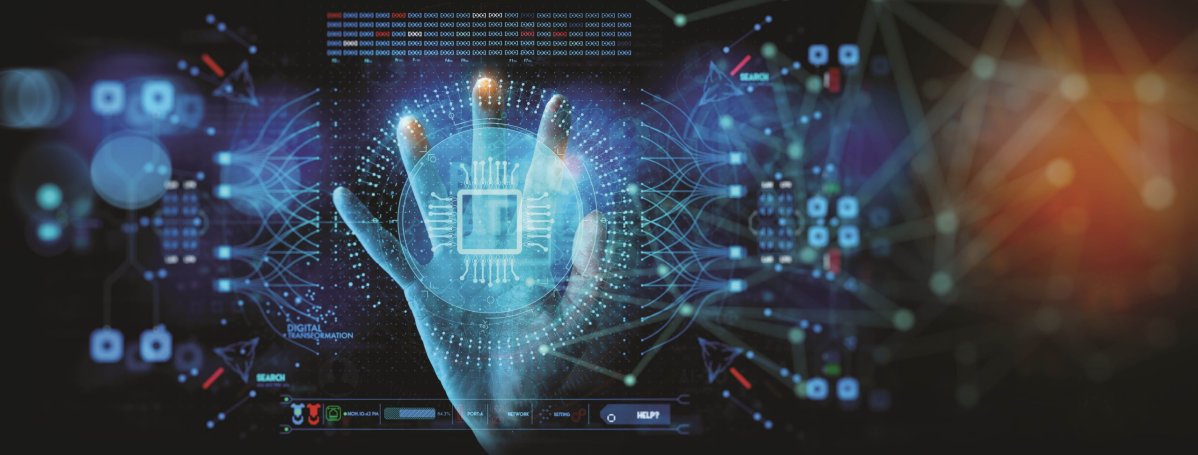Smart Home Automation for Smart City Living represents a convergence of technological advancements designed to enhance urban environments and improve the quality of life for residents. This concept goes beyond simply connecting devices; it’s about creating intelligent systems that optimize resource management, enhance safety, and foster sustainability within a city’s infrastructure. From energy-efficient lighting to advanced security systems, smart home technologies are becoming integral components of forward-thinking urban planning.
This discussion will delve into the core principles that underpin this integration, exploring the myriad benefits it offers to both individuals and the broader community. We’ll examine the essential technologies driving this transformation, from the Internet of Things (IoT) to sophisticated data analytics, and illustrate their practical applications through real-world case studies and future-oriented projections. Furthermore, we’ll address the inherent challenges and crucial considerations surrounding implementation, including security, privacy, and the evolving landscape of policies and regulations.
Smart home automation is becoming increasingly vital for modern smart city living. A key aspect of this is the convenience of controlling your devices. Therefore, learning How to Set Up Voice-Controlled Smart Devices , such as lights and thermostats, enhances this automated experience. Ultimately, this integration of technology significantly improves the overall quality of life in smart city environments.
Introduction: Defining Smart Home Automation and Smart City Living: Smart Home Automation For Smart City Living

Source: digitaloceanspaces.com
Smart home automation is pivotal for smart city living, streamlining daily tasks and enhancing overall convenience. This integration naturally extends to interior design, where individuals are increasingly seeking ways to incorporate sophisticated technology. Consequently, the allure of Luxury Smart Decor Accessories for Modern Homes is undeniable, as they seamlessly blend aesthetics with functionality, ultimately enriching the smart home experience and contributing to a more connected urban lifestyle.
Smart home automation and smart city living are converging technologies reshaping urban environments. This synergy aims to enhance the quality of life, improve resource management, and foster sustainability. The integration of smart home technologies within a smart city framework offers unprecedented opportunities for efficiency and convenience.
Defining Smart Home Automation in the Context of Smart City Living
Smart home automation involves integrating various technologies to control and automate household functions. These functions range from lighting and climate control to security systems and appliances. In a smart city context, smart home automation extends beyond individual homes to connect with the city’s infrastructure. This connection allows for data sharing and coordinated actions that benefit both residents and the city as a whole.
Core Principles Connecting Smart Home Automation with Smart Cities
The core principles linking smart home automation and smart cities revolve around data, connectivity, and efficiency. Smart homes collect data on energy consumption, security events, and environmental conditions. This data is then analyzed to optimize resource usage and improve services. The interconnectedness of smart devices within a smart city allows for a coordinated approach to urban management. For example, traffic lights can adjust to real-time congestion data collected from smart home sensors, optimizing traffic flow.
Examples of Smart Home Technology Contributions to Smart City Initiatives, Smart Home Automation for Smart City Living
Smart home technology contributes to smart city goals in several ways. Smart thermostats can adjust energy usage based on occupancy and weather conditions, reducing energy consumption. Smart security systems can alert authorities to potential threats, enhancing public safety. Smart appliances can optimize energy use during off-peak hours, easing the strain on the power grid. These technologies collectively contribute to a more efficient, sustainable, and secure urban environment.